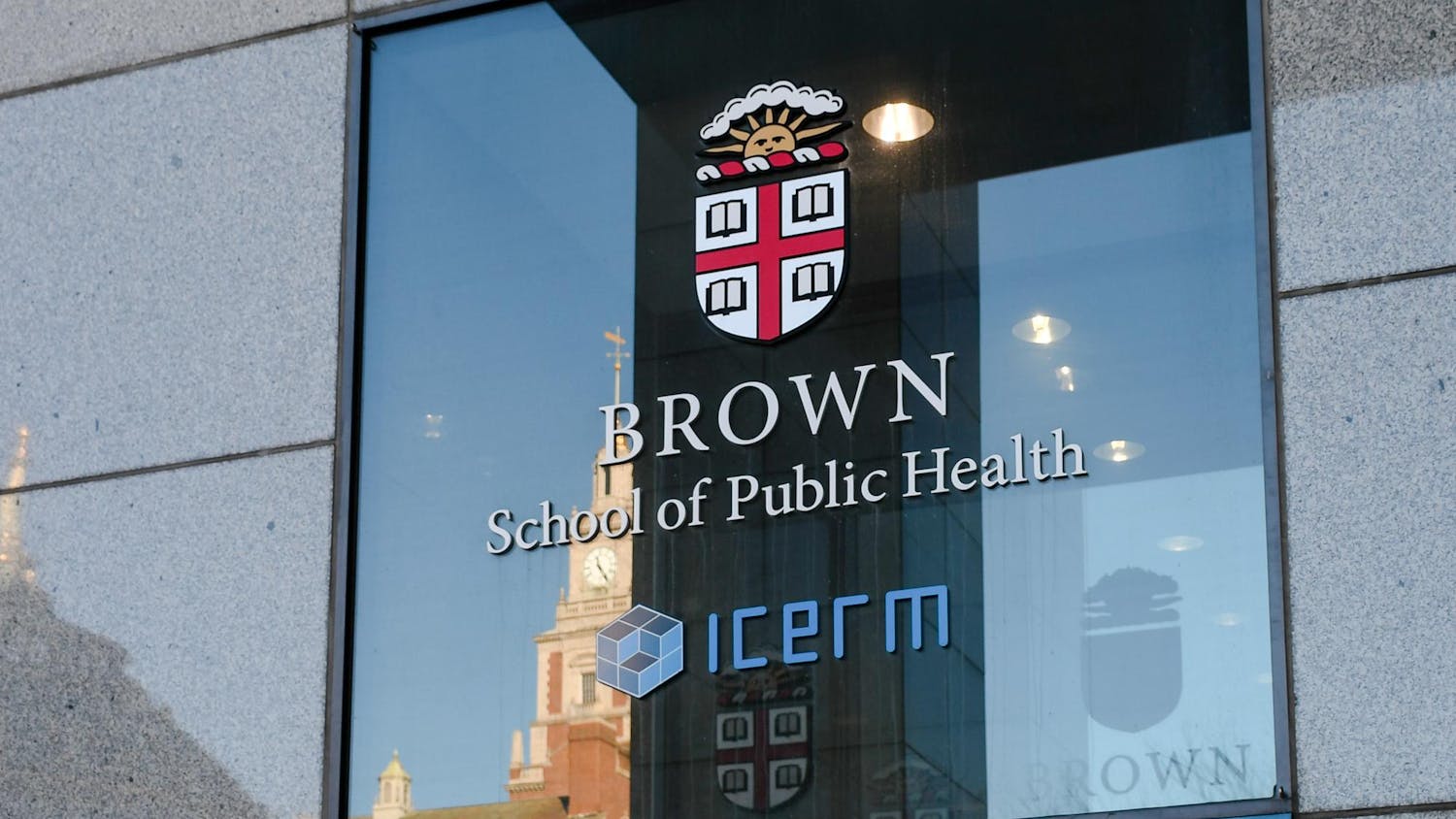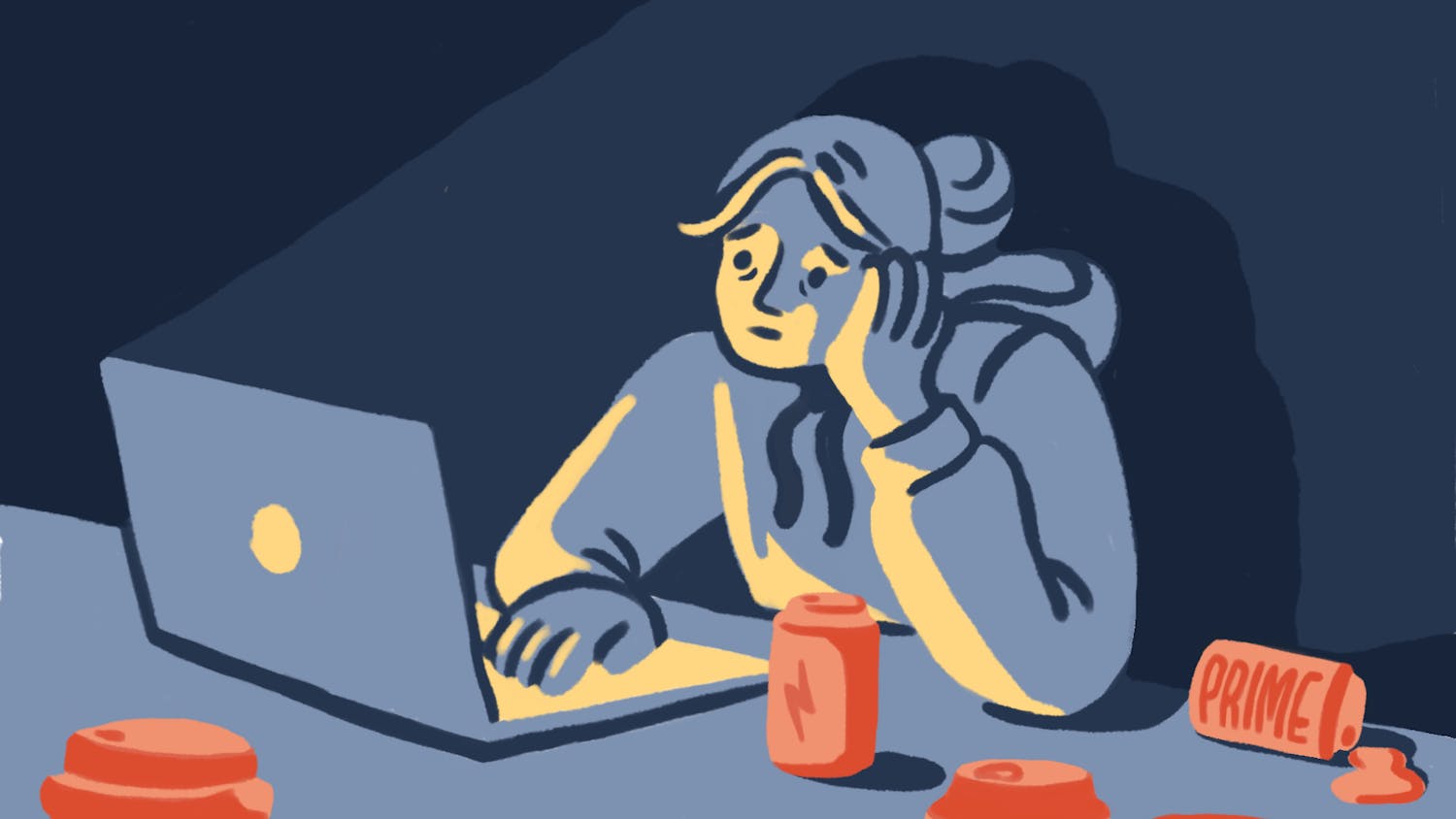Armed with a $300,000 grant for a three-year period of study, Karla Kaun, assistant professor of neuroscience, plans to examine how memory affects millions of fruit flies’ preference for alcohol after intoxication.
The grant, awarded by the Smith Family Awards Program for Excellence in Biomedical Research to early career researchers at institutions in Massachusetts as well as at Brown and Yale, will be used to examine the mechanisms in flies’ brains that allow them to forget the negative memories of alcohol, Kaun said.
The ultimate goal of the study is to find new, more effective treatments for alcohol addiction, Kaun said. “If we could find a drug that results in the aversive memory (of alcohol) persisting, the aversive memory might overlap with the craving and the drug wouldn’t be craved as strongly,” she added.
To get the flies drunk, Kaun vaporizes large concentrations of alcohol, which the flies breathe in.
“When they breathe it in, they start to become disinhibited, so they bump into one another,” she said, adding that they become “a little bit more socially active and the males start to court other males as well as females.”
As time passes, the flies “pass out” and drop to the bottom of the vials, she added.
Fruit flies are very similar to humans in the way they act while intoxicated and the amount of the alcohol needed to get them drunk is proportionally similar to the amount needed to get humans drunk.
“I think it’s a very good model to understand how alcohol affects the (human) brain,” she said.
While vaporizing the alcohol, Kaun also exposes the fruit flies to a specific odor, she said. Doing so creates an association between the smell of the odor and the experience of being intoxicated.
When the fruit flies are sober again, she “asks” them whether or not they enjoyed the experience of intoxication by dispensing the odor and observing whether the flies travel towards it or not.
“If you ask them just a short time after they just sobered up, they didn’t like the experience,” Kaun said. “But if you ask them 24 hours later, they found the experience very rewarding.”
This “switch” occurs in humans as well, and is not limited to alcohol, as it also occurs with other commonly abused drugs like nicotine and methamphetamine.
Kaun said she and her research team think that a small group of neurons — a microcircuit — allow positive memories of being drunk to suppress any associated negative memories.
Because it is relatively easy to manipulate the genetics of fruit flies, the researchers will be able to turn certain neurons associated with memory on and off to examine their effects on the memories of being intoxicated.
“We’re focusing on a part of the (fruit fly) brain called the mushroom body,” she said, noting that this area is similar to the human hippocampus — a brain area highly associated with memory.
The award is a “first big score” for Kaun as a junior faculty member, said Barry Connors, professor of neuroscience and chair of the department, adding that it signifies that her research program has great potential.
“Dr. Kaun is interested in the really knitty gritty biological aspects behind addiction,” Connors said, adding that her research findings “will certainly suggest and inspire research in humans.”
“If I can do anything to alleviate some of (the consequences of alcohol), I will consider myself very lucky,” Kaun said.

ADVERTISEMENT




